Our engaging and free-flowing discussion with Dr. Suzannah Hicks provided us with valuable insights into AI strategy. Suzannah provided us with great insights on crafting effective AI strategies that truly align with business objectives. As an AI program architect with extensive experience in data governance and organizational development, she brings a unique perspective to the table.
Reflecting on our discussion, I was struck by how seamlessly Suzannah bridges the gap between the technical and business worlds. Her ability to translate complex AI concepts into practical strategies is both inspiring and enlightening. So let's get started...
Why Is Aligning AI with Business Objectives Crucial?
What Risks Do Organizations Face Without Proper Alignment?
Suzannah emphasizes that a well-defined AI strategy is essential for ensuring that technological initiatives support and enhance business goals. She notes, "An AI strategy acts as a compass, aligning AI projects with the organization's vision and objectives."
Without proper alignment, organizations risk investing in AI projects that don't contribute to their core mission. Suzannah warns against adopting AI technologies simply because they're new or popular. Instead, she advocates for a purpose-driven approach where each AI initiative is clearly connected to specific business outcomes.
Key Takeaways:
- Purpose-Driven AI: Begin with a clear understanding of your business objectives before exploring AI solutions.
- Strategic Alignment: Ensure every AI project supports the organization's mission and delivers measurable value.
- Avoiding Common Pitfalls: Resist the temptation to adopt AI technologies without a strategic rationale.
How Can Stakeholder Engagement Enhance Alignment?
Engaging stakeholders across the organization is crucial for successful AI implementation. Suzannah highlights the importance of involving both technical teams and business leaders in the strategy development process. She explains, "Bridging the gap between tech and business requires open communication and collaboration."
By bringing together diverse perspectives, organizations can identify the most pressing challenges and opportunities where AI can make a meaningful impact. This collaborative approach fosters a shared understanding of goals and expectations.
Action Steps:
- Organize cross-functional workshops to discuss AI opportunities.
- Encourage open dialogue between technical and business teams.
- Identify key business challenges that AI can address.
How Can We Build a Strong Foundation for AI Success?
Why Is Data Governance Essential?
A robust data governance framework is foundational to any successful AI strategy. Suzannah underscores that data quality, transparency, and trust are critical. She states, "If users can't trust the data, they won't trust the AI solutions built upon it."
Implementing data governance practices ensures that data is accurate, consistent, and used ethically. This not only supports the effectiveness of AI models but also builds confidence among stakeholders.
Implementation Tips:
- Establish clear data ownership and accountability.
- Define data quality standards and monitor compliance.
- Ensure transparency in data collection and usage practices.
What Role Do Ethics Play in AI Implementation?
Ethics play a critical role in building trust and ensuring responsible AI implementation. Suzannah advocates for integrating ethical considerations from the very beginning of AI development. She asserts, "Ethical AI isn't just about compliance; it's about doing the right thing for your customers and your business."
By proactively addressing issues such as bias, privacy, and fairness, organizations can mitigate risks and enhance their reputation. Ethical AI practices also contribute to better decision-making and long-term sustainability.
Key Principles:
- Privacy by Design: Incorporate privacy considerations into AI solutions from the outset.
- Transparency: Be open about how AI models make decisions.
- Fairness: Strive to eliminate bias and ensure equitable outcomes.
What Challenges Arise in AI Implementation, and How Can We Overcome Them?
How Do We Navigate Organizational Change?
Implementing AI often requires significant changes in processes and mindsets. Suzannah emphasizes the role of change management in facilitating this transition. She acknowledges, "Change isn't easy, but with the right strategies, organizations can adapt and thrive."
Addressing the human element is key to successful change. Providing training, fostering data literacy, and creating a culture open to innovation are all critical components.
Strategies for Success:
- Education and Training: Offer programs to build AI and data literacy across the organization.
- Leadership Support: Secure commitment from leadership to champion AI initiatives.
- Employee Engagement: Involve employees in the AI journey to foster ownership and acceptance.
How Can We Measure Success and Drive Continuous Improvement?
To ensure that AI initiatives deliver value, organizations must establish clear metrics for success. Suzannah advises defining these metrics at the outset. She observes, "Measurement keeps us accountable and focused."
Metrics might include technical performance indicators, such as model accuracy, as well as business outcomes like increased efficiency or customer satisfaction. Regularly reviewing these metrics allows organizations to make adjustments and drive continuous improvement.
Measurement Guidelines:
- Define Clear Metrics: Establish what success looks like before implementation.
- Regular Reviews: Monitor progress and make data-driven decisions.
- Adapt and Iterate: Be prepared to refine AI models and strategies based on insights.
What Does a Practical Application of AI Strategy Look Like?
What Can We Learn from Suzannah's Success Story?
Suzannah shares a compelling example from her career that illustrates the power of aligning AI with business objectives. During her time running a restaurant, she faced the challenge of reducing inventory waste and improving revenue forecasting.
By engaging her team and analyzing various data points—such as past sales, weather forecasts, and local events—she developed a model that significantly improved forecasting accuracy. This not only reduced waste but also enhanced employee morale and operational efficiency.
Lessons Learned:
- Start with a Clear Problem: Identify a specific business challenge to address.
- Collaborative Approach: Involve team members in developing solutions.
- Data-Driven Decisions: Use data analysis to inform strategies and actions.
- Measure Impact: Track results to assess effectiveness and guide future efforts.
How Can We Embrace Flexibility and Continuous Learning in AI?
Why Is Adaptability Important in the AI Landscape?
The AI landscape is rapidly evolving, making flexibility essential. Suzannah highlights the importance of staying informed about new developments and being willing to adjust strategies accordingly. She notes, "We're in a time of high innovation; what works today may need to change tomorrow."
Organizations should build flexibility into their AI strategies, recognizing that roadmaps may need to be updated regularly. This proactive approach helps businesses remain competitive and responsive to changes.
Recommendations:
- Stay Informed: Allocate time for ongoing learning about AI trends.
- Flexible Planning: Design strategies that allow for adaptation.
- Innovation Culture: Encourage experimentation and be open to new ideas.
How Do We Invest in Skills and Capabilities?
As AI becomes more integrated into business operations, investing in the right skills is crucial. Suzannah emphasizes hiring for adaptability and a willingness to learn. She says, "We need people who are not just skilled today but who can grow and evolve with the technology."
Organizations should focus on capability building, offering training and development opportunities that keep their teams at the forefront of AI advancements.
Action Items:
- Talent Development: Implement programs to develop AI and data skills within your team.
- Learning Culture: Foster an environment where continuous learning is valued.
- Cross-Functional Expertise: Encourage collaboration between technical and business staff to enhance understanding and innovation.
Conclusion
Our conversation with Suzannah highlighted the critical importance of aligning AI initiatives with business goals. By focusing on purposeful AI integration, engaging stakeholders, and fostering a culture of learning, organizations can navigate the complexities of AI implementation effectively.
Suzannah's insights shared insights into AI strategies that deliver real value, emphasizing the necessity of ethical practices and continuous improvement. Another great session - Thank you Suzannah.
How Can We Empower Our AI Journey?
Reflecting on these insights, consider how they can be applied within your own organization. Here are steps to advance your AI initiatives:
- Assess Alignment: Review your current AI projects to ensure they align with business objectives.
- Engage Your Team: Involve diverse stakeholders in strategy development and implementation.
- Invest in Governance and Ethics: Strengthen your data governance framework and integrate ethical considerations.
- Promote Continuous Learning: Encourage your team to stay informed and adaptable in the evolving AI landscape.
For further learning, explore resources on AI strategy development, data governance, and ethical AI practices. Engaging with industry communities and networks can also provide valuable support and insights.
Connecting With Us...
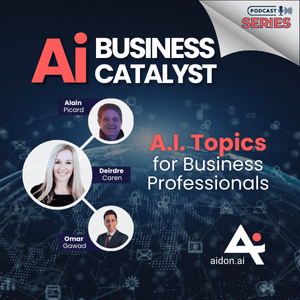
To get biweekly videos and interviews from leaders around the world, why don't you try connecting to our Architecting AI for Business Newsletter
Want to access more content, connecting with the Inner Circle is recommended
Just a reminder that Agora Insights and now Aidon.ai open up a world of learning and AI-Assisted Solutions for Business Architects, Analysts, Strategists, and Business Leaders. Contact us for a demo.
To watch more videos, visit YouTube.
Interested in business architecture and business analysis certification, corporate and AI training?
Go to our website www.agorainsights.com
Connect with Deirdre Caren on LinkedIn
Connecting with Dr. Suzannah Hicks
YouTube Vids:
Organizational Culture Transformation: Challenges & Benefits Of Adopting Data Culture-Suzannah Hicks
Organizational Data Culture: Linking Decision-Making Styles to Data Maturity by Suzannah Hicks


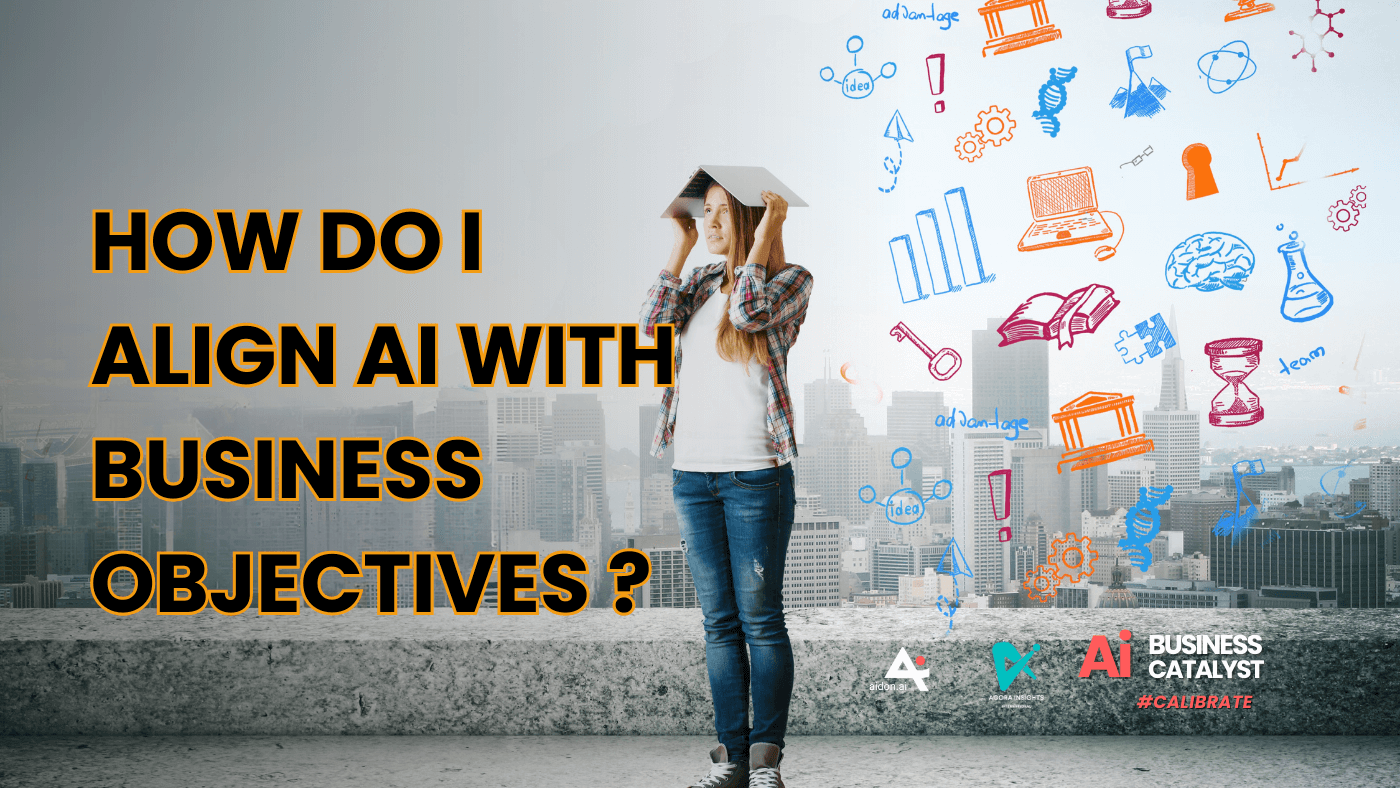
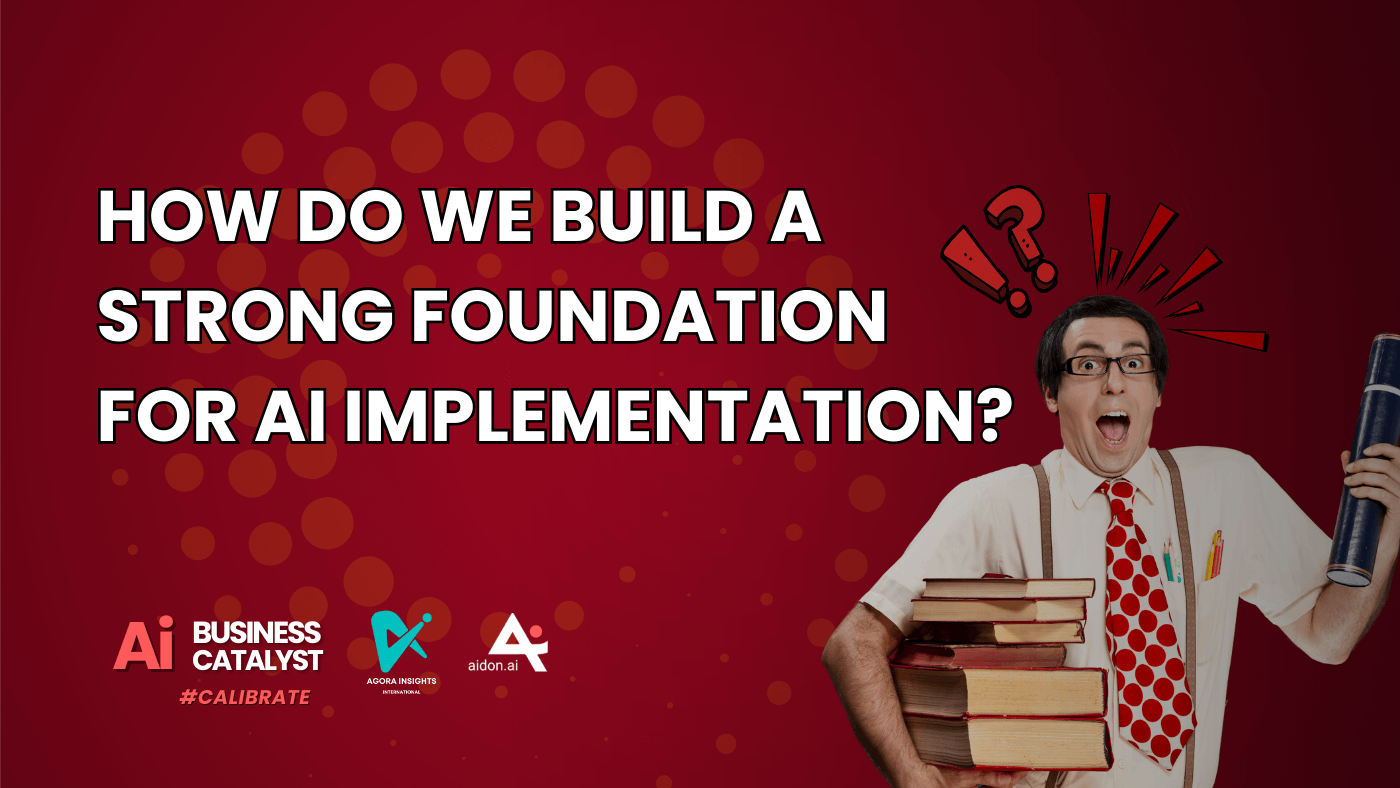
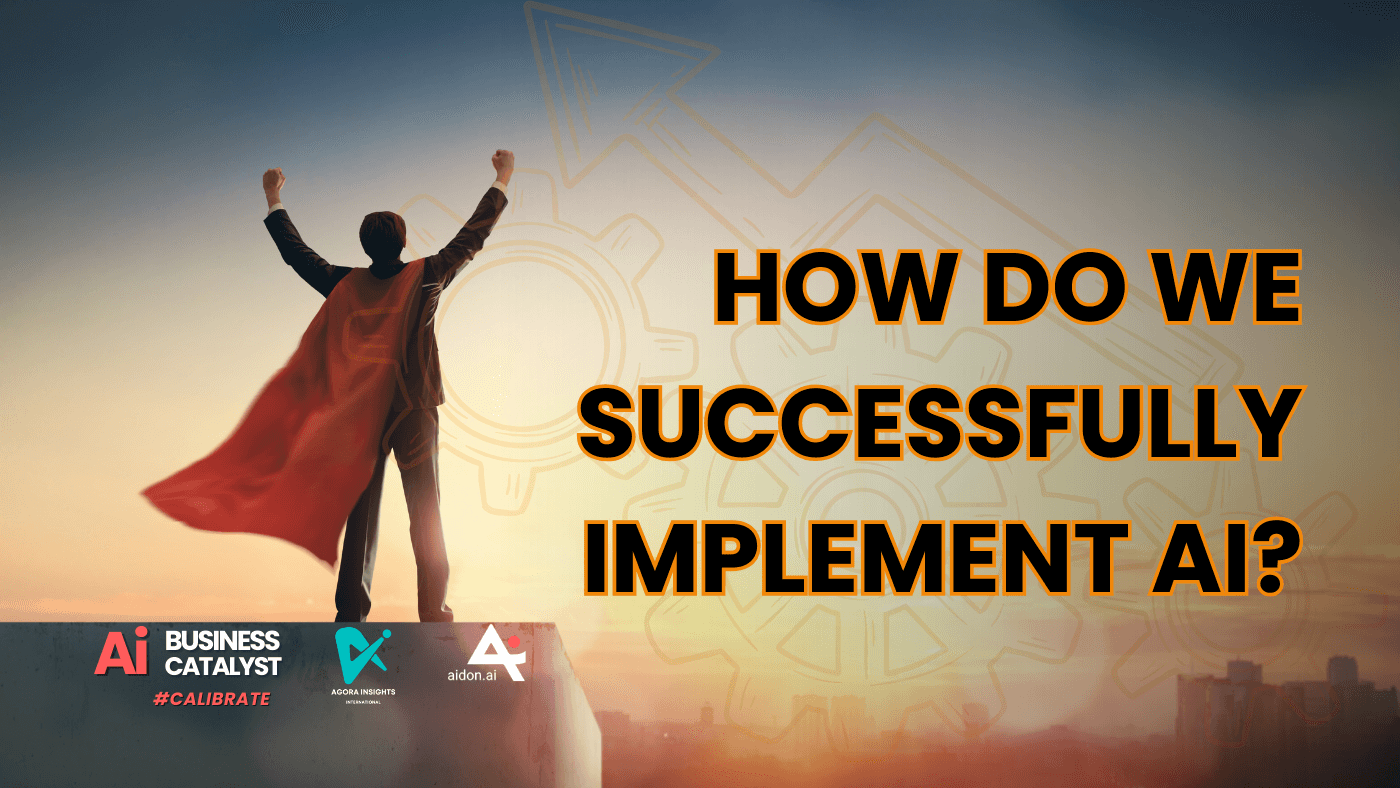
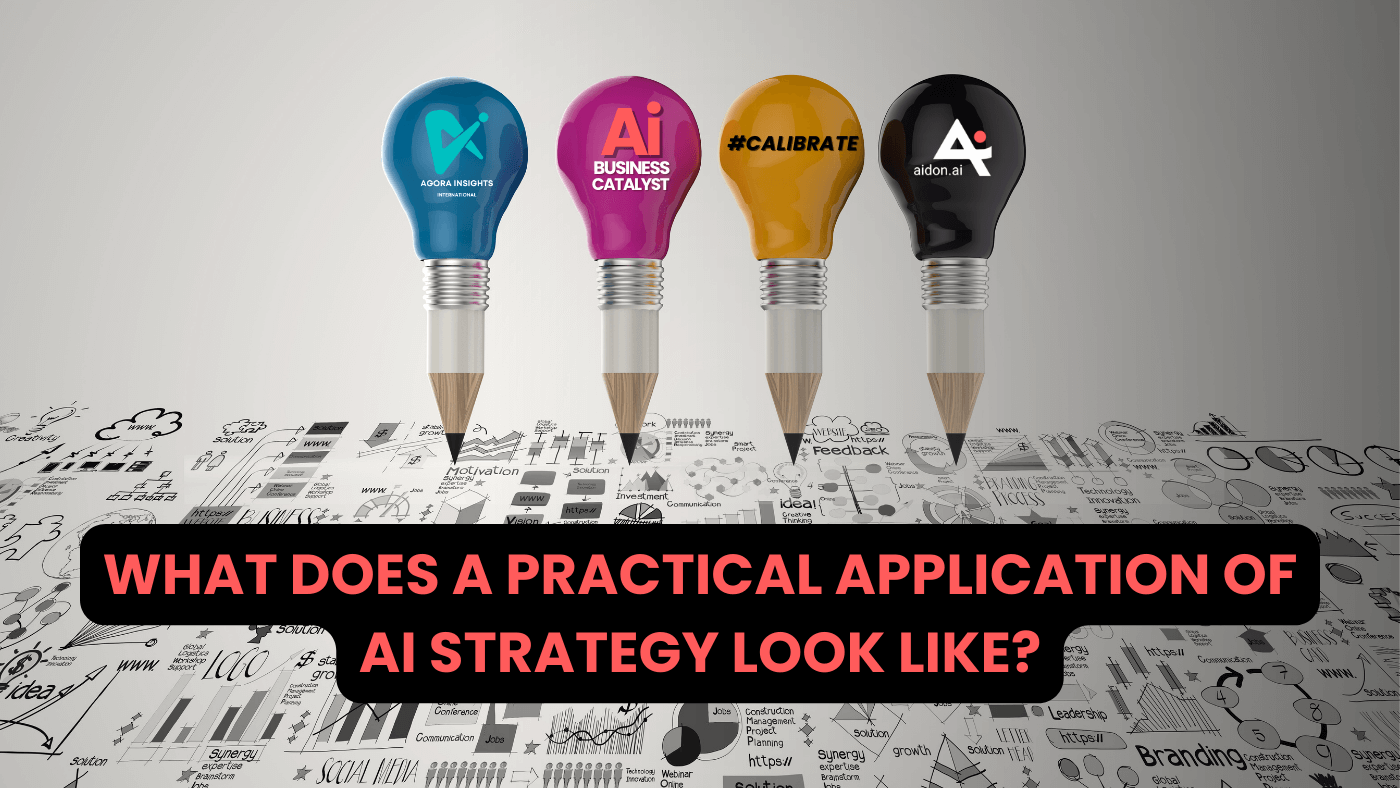
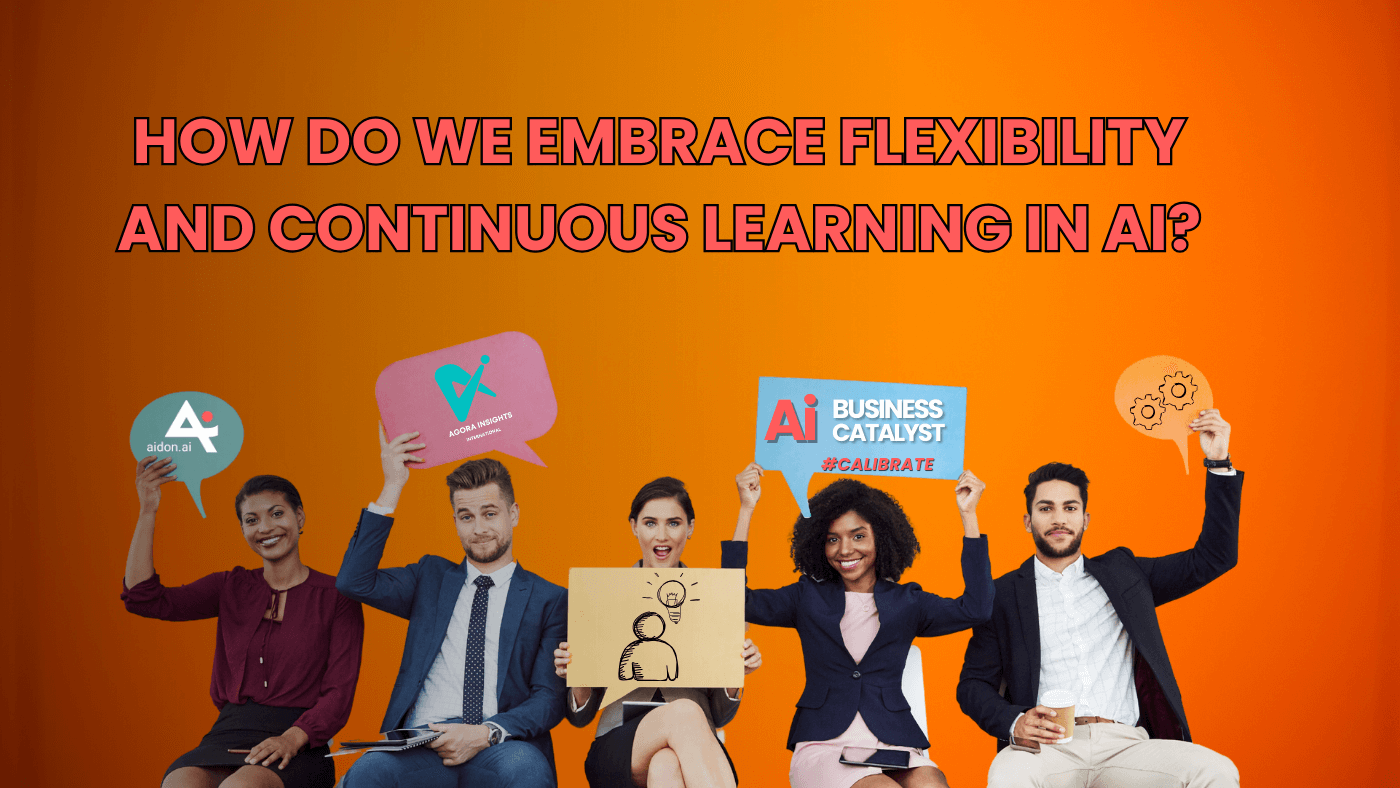
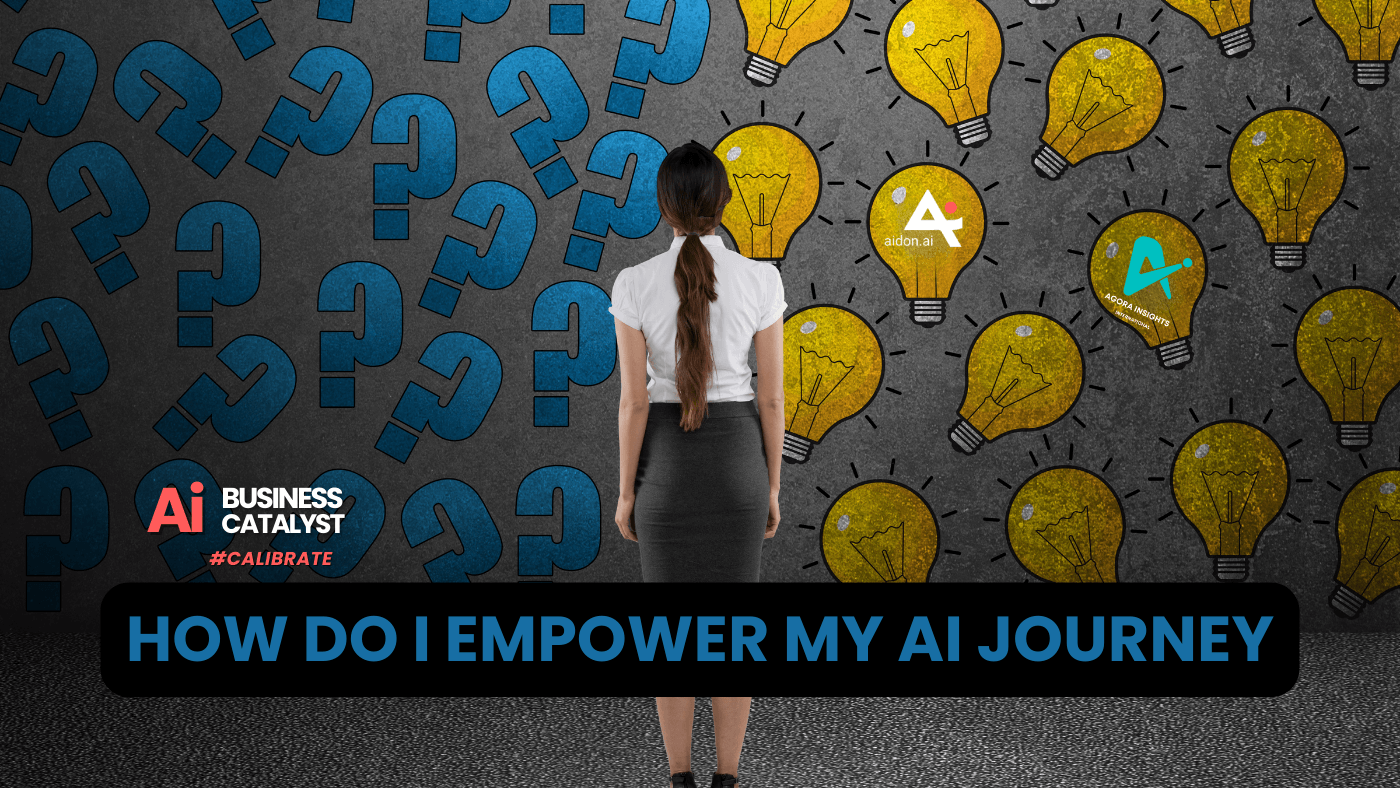
Post a Comment